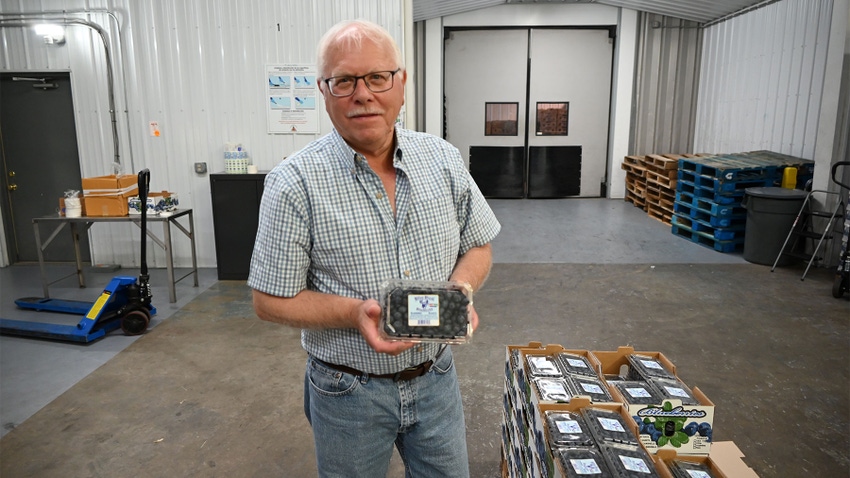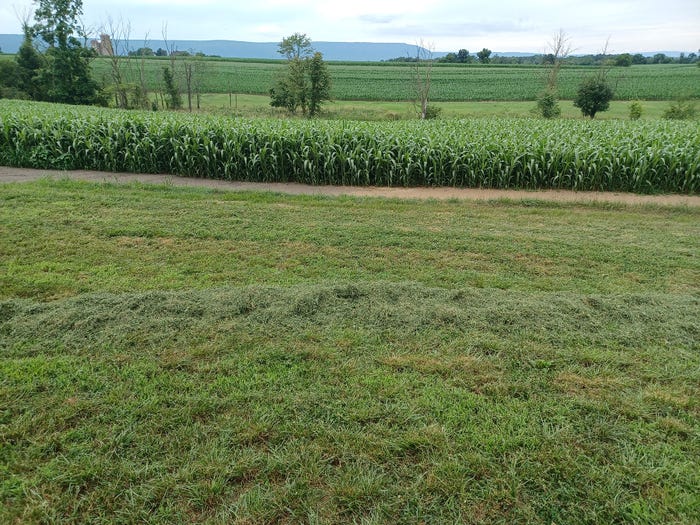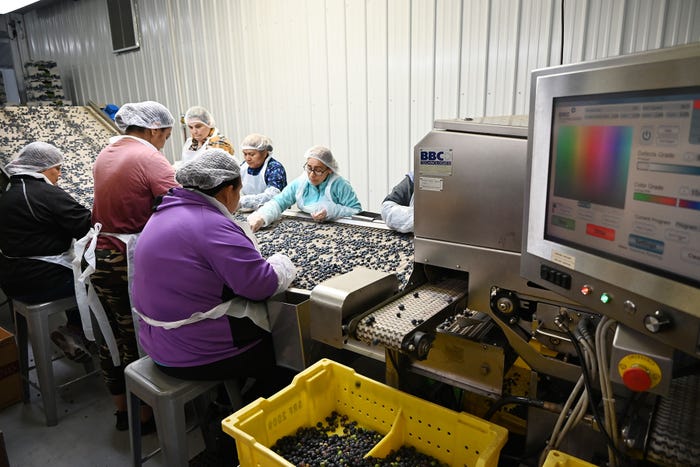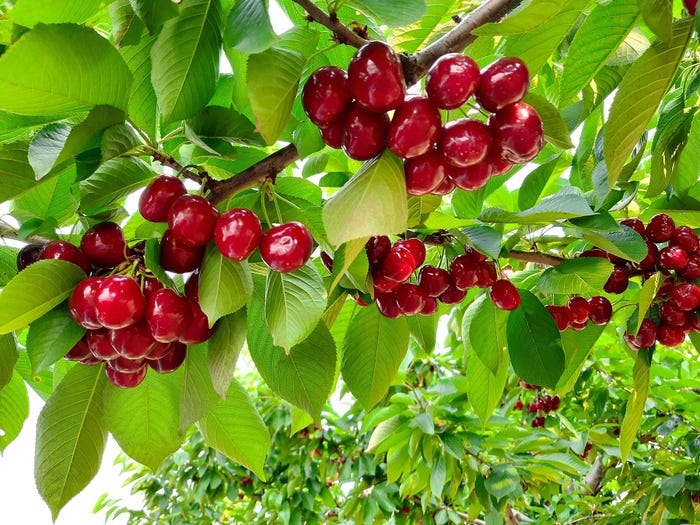
By Chris Torres
It’s that time of year: Growing season is right around the corner, and producers have already made their plans for 2024.
Some producers are building on successes they had in 2023, while others are trying radically different things. We asked four producers in the Northeast what their plans were for the upcoming growing season, and whether they felt good or bad going into the spring.
Here’s what they said:
Ben Peckman
Peckman is a dairy farmer with 1,000 acres, 150 dairy cows and 120 steers in St. Thomas, Pa.
Is there anything new you are trying for 2024? I'd like to try aerial-seeding some cover crops into standing crops via drone. I don't have a drone, so we’ll need to figure out a plan to get it custom done, or decide to invest in one. The intent would be to establish a bigger cover earlier — easier said than done, for sure.
Are you optimistic or pessimistic going into the next growing season? And why? I'm cautiously optimistic this year. Unlike most of the state last year, we had a very dry summer. We're hoping for more moisture this year, but always mindful of the possibility of drought.
Thankfully, most inputs are down from last year, so I think with decent yields we should be OK, even though current crop futures are looking pretty bleak. I've learned to not take anything for granted, especially given the uncertainties ahead of us in ag.
What was your biggest success, or failure, in 2023? We were introduced to male sterile forage sorghum in 2022 and grew more in 2023. This forage crop has proven to work fairly well in our conditions and produces a feed that we can exchange with corn silage in our dairy ration.
The bottom line is an economical crop that is replacing expensive corn silage without sacrificing milk pounds and component production.

SORGHUM SUCCESS: At Ben Peckman’s farm in St. Thomas, Pa., male sterile forage sorghum was a key crop last year, and he intends to grow more of it this year. The crop, he says, grows well and produces a feed that he can exchange with corn silage in the dairy ration.
Don Cairns
Cairns is a crop farmer with 1,600 acres — 1,000 acres of corn, 450 acres of soybeans, and 150 acres of wheat and double-crop soybeans.
Is there anything new you are trying for 2024? We drastically upgraded our planting technology in the past two seasons, so we are still working on fully optimizing those upgrades. With the grain market at low levels, we are being very cautious with spending on the 2024 crop. The main thing that we are expanding on is late-season fungicide.
Are you optimistic or pessimistic going into the next growing season? And why? We try to be somewhat optimistic in a year like this, but it will be much harder than the last two years. The corn market is currently below the cost of production, which means that if we have a decent crop, we can still expect to lose money this year.
What was your biggest success, or failure, in 2023? Seeing a good crop at harvest despite a severe dry spell in late spring. Our biggest success was not giving up hope.

MORE AUTOMATION: Workers at Macrie Bros. Blueberry Farm sort blueberries during peak harvest in 2023. Macrie says his farm will be using more automated sorting, packing and harvesting machines to reduce labor costs this year.
Paul Macrie
Macrie is blueberry producer in New Jersey and owner of Macrie Bros. Blueberry Farm — 750 acres of Duke, Envoy, Draper and Bluecrop blueberries.
Is there anything new you are trying for 2024? We will be using more automated sorting, packing and harvesting machines to reduce labor costs.
Are you optimistic or pessimistic going into the next growing season? And why? We are optimistic. We have a good marketing group and a very good consumer base on the East Coast. The Fourth of July holiday — featuring red, white and blueberries — just keeps the volume moving.
What was your biggest success, or failure, in 2023? Our biggest success was having the right new varieties in place as things change in the industry. Everything went as planned, and things were as good as could be.

GOOD AND BAD: For grower Barron Shaw, cherries were both a bright and bad spot in 2023. They produced the most profitable crop the farm has seen in years, but four straight days of wet weather caused the farm to lose one-third of the crop that was still on the trees.
Barrow Shaw
Shaw is owner of Shaw Orchards, a 200-acre farm along the Pennsylvania-Maryland state line.
Is there anything new you are trying for 2024? We got a new slushy machine for our retail business, so that we can use some of our extra fruit to make money. Sounds silly, but other markets tell me that slushy drinks are their No. 1 seller.
Are you optimistic or pessimistic going into the next growing season? And why? We are optimistic about our retail business and pick-your-own, which continue to grow, [but] pessimistic about the wholesale fruit market, which continues to see cost inflation, overproduction and, in the case of apples, a proliferation of new varieties that leave the customer confused.
What was your biggest success, or failure, in 2023? Cherries. They were successful in that it was the best and most profitable crop that we've had in many years, and they were a failure in that the perfect season ended with four straight days of wet weather that ruined the remaining one-third of a crop that was still on the trees.
About the Author(s)
You May Also Like






